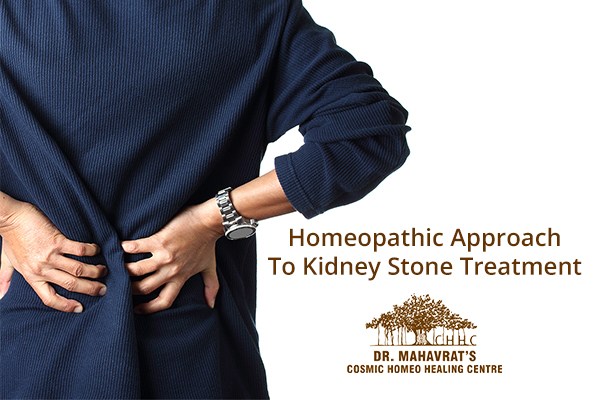Among urologic ailments Kidney stones are one of the most pain inducing but are regretfully as common as well.
It is a solid mass that forms from separated crystals from urine. Due to lack of inhibitors, that generally prevent these crystal formations, kidney stones are formed. Tiny crystals may pass through unnoticed in urine.
Symptoms show up when the stone formed begins to obstruct urinary tract function and causes pressure build up in kidneys leading to swelling and pain.
Causes:
- UTIs, Kidney ailments (cystic kidney problems), and
- Metabolic diseases like hyperparathyroidism, Cystinuria and hyperoxaluria
- Hypercalciuria (excess of calcium causing Calcium oxalate crystal formation)
- Too much ingestion of diuretics/water pills or antacids lead to increased calcium content in urine thus increasing risk.
- Excess consumption of Vit A and D connected with high calcium in urine.
- Incomplete drainage of urine leading to formation of urine pools in bladder.
- Enlarged prostates in older men may encourage growth of stone due to restrictions in complete drainage of bladder. Urethral stricture (narrowing of urethra) may cause similar problems.
Symptoms:
- Extreme pain (cramp like in back/side area of kidney or lower abdomen)
- Nausea and vomiting
- Pain in groin
- Appearance of blood in u rine
- Pain during urination
- Unexpected stoppage in urine
- Frequent pauses during urination etc.
Homeopathic Approach:
There is common misunderstanding that Homeopathy isn’t helpful in regards to kidney/bladder stones. On the contrary Homeopathy has precise and strongly stressed treatments to counteract it.
It comprises of the following stages-
- First involving provision of pain relief with Colocynthis or Berberis Vulg.
- Removal of indication of stone formation with medicines like Calcarea flour, Acid Benzoic or Lycopodium.
- Decision regarding medicine dosage and frequency to be administered that is dependent on experience of Homeopath.
- Provision of medicines that amend metabolic imbalances hence aiding in correct absorption of nutrients like calcium etc. to lessen tendency to form kidney stones.
Food precautions need to be taken to limit/avoid foods that form excess oxalate in urine, which include beetroot, peanuts, chocolates, spinach, okra/ladyfinger, soybean, sweet potatoes and strong tea.
Patients are also advised to keep oneself hydrated so that crystals formed may pass during urination.

